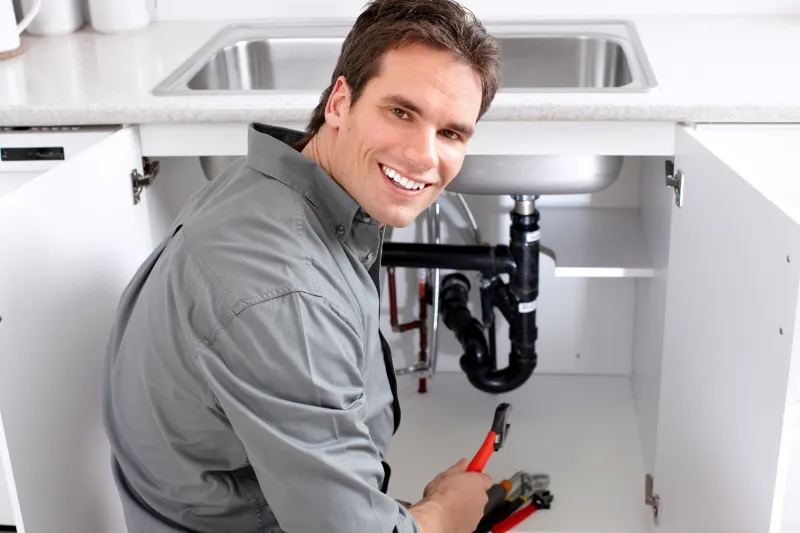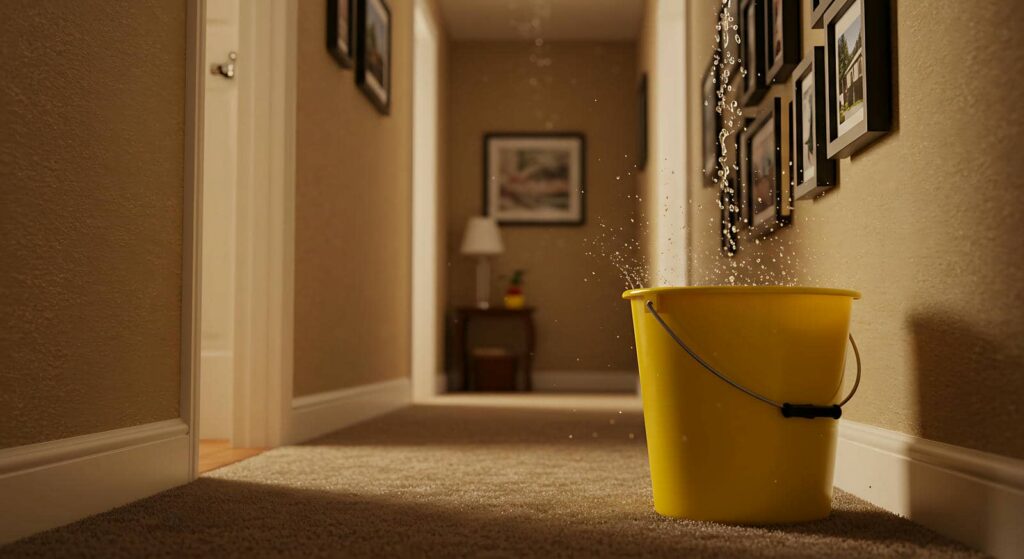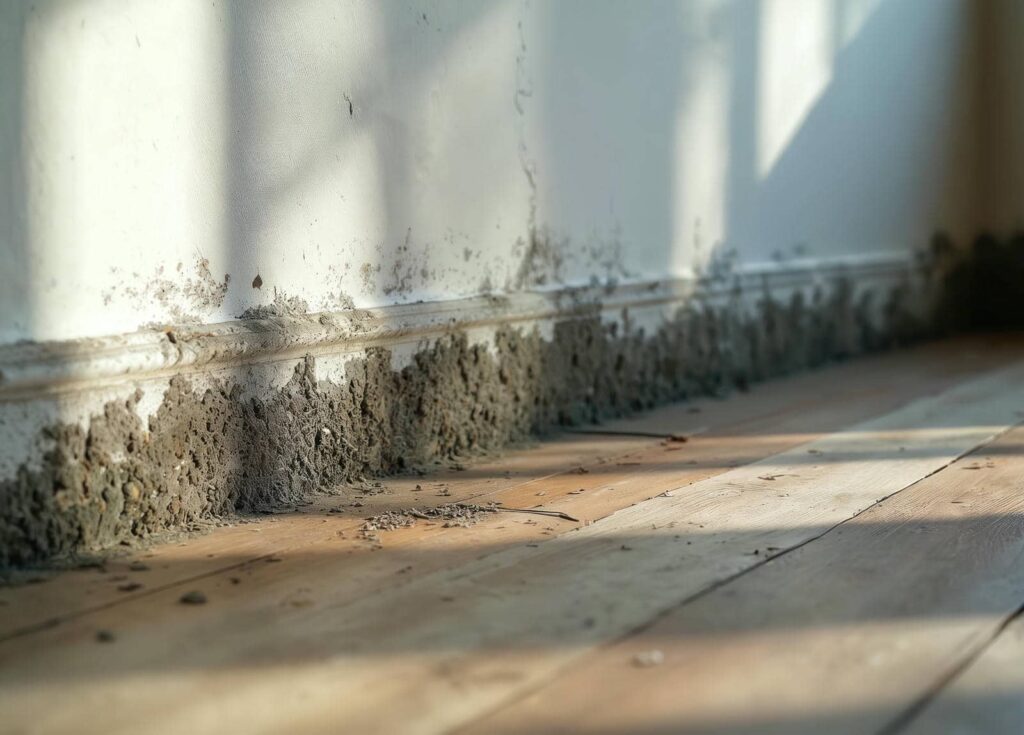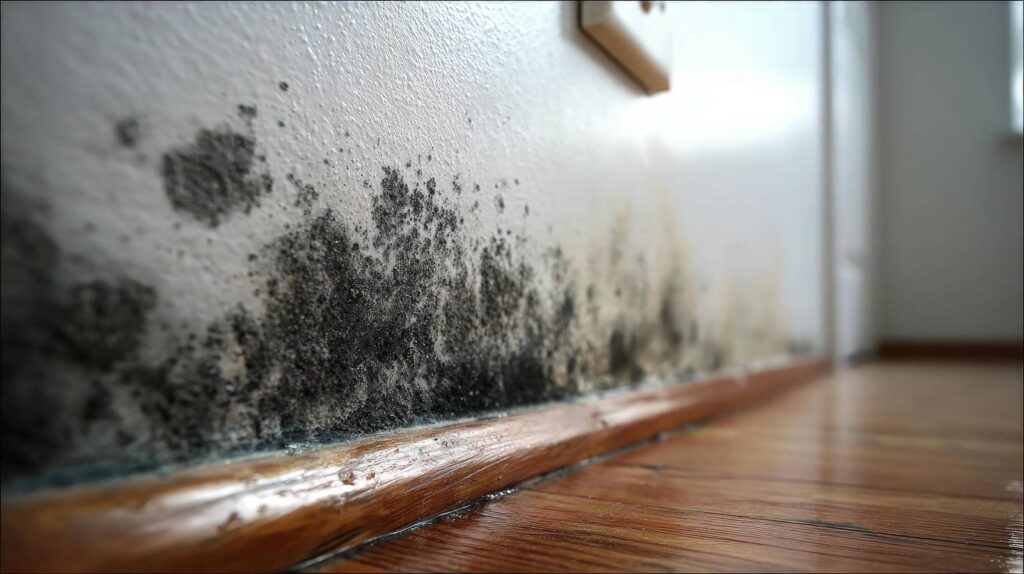Contents
Are you curious about the lifespan of your home plumbing?
Discover how long it can last and what factors may affect its durability.
Learn to recognize signs of aging in your plumbing system and get maintenance tips to extend its lifespan.
Plus, find out when it might be time to consider replacing your home plumbing.
Take control of your plumbing’s longevity and ensure a reliable and efficient system for years to come.
Key Takeaways
- The lifespan of home plumbing systems can vary from 20 to 50 years, depending on maintenance and usage.
- Regular inspections and maintenance can help extend the lifespan of plumbing systems.
- The quality of materials used in the plumbing system can affect its lifespan.
- Signs of aging in plumbing systems include frequent leaks, low water pressure, rust-colored water, slow drainage, and strange noises.
Average Lifespan of Home Plumbing
The average lifespan of home plumbing can vary, depending on several factors such as maintenance and usage. As someone who desires to serve others, it’s important for you to understand how long your plumbing system is expected to last.
On average, residential plumbing systems can last anywhere from 20 to 50 years. However, this estimate can change based on various factors.
One of the key factors that can affect the lifespan of your plumbing is maintenance. Regular inspections and maintenance can help identify and address issues before they become major problems. This includes checking for leaks, ensuring proper water pressure, and keeping drains clear. By staying proactive and taking care of your plumbing system, you can significantly extend its lifespan.
Another factor to consider is the quality of the materials used in your plumbing system. Cheaper materials may have a shorter lifespan compared to higher-quality ones. Investing in durable and reliable materials upfront can save you from costly repairs or replacements down the line.
Usage also plays a significant role in determining the lifespan of your plumbing. If you have a large family or frequently host guests, your plumbing system may experience more strain and wear. It’s crucial to be mindful of your water usage and avoid putting excessive pressure on your pipes.
Factors That Affect Plumbing Durability
To ensure the durability of your home plumbing, consider various factors that can affect its lifespan. Taking these factors into account will help you maintain a well-functioning plumbing system for many years to come.
Here are some key factors that can impact the durability of your home plumbing:
- Water quality: The quality of the water flowing through your pipes can have a significant impact on their lifespan. High levels of minerals, such as calcium and magnesium, can cause mineral buildup and corrosion, leading to leaks and pipe damage over time. Installing a water softener or using water treatment systems can help mitigate this issue.
- Installation quality: The way your plumbing system was installed plays a crucial role in its durability. Poor installation practices can lead to leaks, improper pipe connections, and other issues. Hiring a professional plumber with expertise and experience in proper installation techniques will ensure that your plumbing system is set up correctly.
- Maintenance and upkeep: Regular maintenance is vital for the longevity of your plumbing system. Neglecting routine maintenance tasks, such as checking for leaks, clearing clogged drains, and inspecting pipes for signs of damage, can lead to more significant problems down the line. By staying proactive and addressing any issues promptly, you can extend the lifespan of your plumbing.
- Usage habits: Your habits and behaviors can also impact the durability of your plumbing system. Excessive water pressure, flushing inappropriate items down the toilet, and using harsh chemical drain cleaners can all put unnecessary strain on your pipes. Being mindful of how you use your plumbing system and practicing good habits will help prevent premature wear and tear.
Signs of Aging in Plumbing Systems
Consider these telltale signs that your plumbing system may be showing its age. As a homeowner who desires to serve others, it’s important to be aware of the signs of aging in your plumbing system to ensure the safety and functionality of your home.
One common sign of an aging plumbing system is frequent leaks. If you notice water stains on your walls or ceilings, dampness under sinks, or the sound of running water when all faucets are turned off, it may indicate that your pipes have deteriorated over time.
Another sign to look out for is low water pressure. If your faucets aren’t providing a strong and steady flow of water, it could be a sign of corroded pipes or mineral buildup.
Additionally, rust-colored water is a clear indication of aging pipes. If you notice a reddish tint to your water, it’s likely that your pipes have started to rust and are in need of replacement.
Another sign to watch for is slow drainage. If your sinks, showers, or toilets are slow to drain or frequently clog, it may indicate that your pipes have become worn out or clogged with debris.
Lastly, strange noises such as rattling or banging when you turn on your faucets or flush your toilet can also be a sign of aging pipes. These noises could be caused by loose or disconnected pipes, or even water hammer.
Maintenance Tips for Extending Plumbing Lifespan
To prolong the lifespan of your home plumbing, regularly follow these maintenance tips:
- Keep drains clean: Regularly clean your drains to prevent clogs and buildup. Use a drain cleaner or a mixture of vinegar and baking soda to keep your drains flowing smoothly. Avoid pouring grease, oil, or coffee grounds down the drain, as they can cause blockages.
- Check for leaks: Check for any signs of leaks in your plumbing system, such as dripping faucets or water stains on walls or ceilings. Promptly repair any leaks to prevent further damage and water wastage.
- Insulate pipes: Insulating your pipes can help prevent them from freezing during cold weather. Use pipe insulation sleeves or wrap them with heat tape to protect them from extreme temperatures. This will help avoid pipe bursts and costly repairs.
- Schedule regular inspections: Regularly schedule professional inspections of your plumbing system. A qualified plumber can identify any potential issues early on and recommend necessary repairs or replacements. This proactive approach can help you avoid major plumbing problems down the line.
By following these maintenance tips, you can extend the lifespan of your home plumbing and avoid costly repairs.
Regularly cleaning your drains, checking for leaks, insulating pipes, and scheduling inspections will help keep your plumbing system in good working condition. Remember, prevention is always better than cure when it comes to plumbing issues. So, take the time to care for your plumbing system, and it will serve you well for years to come.
When to Consider Replacing Home Plumbing
If you notice persistent plumbing issues despite regular maintenance, it may be time to assess the condition of your home plumbing system. Plumbing problems can be frustrating and disruptive, causing inconvenience and potentially leading to costly repairs if left unaddressed. As someone who desires to serve others, it’s important to recognize the signs that indicate it may be time to consider replacing your home plumbing.
One of the key indicators that your plumbing system may need to be replaced is age. Most plumbing systems have a lifespan of around 50 years. If your home is older and still has the original plumbing, it’s worth considering an upgrade. Older pipes are more prone to leaks, corrosion, and other issues that can result in plumbing failures.
Another sign that it may be time to replace your home plumbing is frequent and recurring plumbing problems. If you find yourself constantly dealing with clogged drains, leaking pipes, or low water pressure, it could be a sign that your plumbing system is deteriorating and needs to be replaced.
Additionally, if your water bills have been steadily increasing without a logical explanation, it may be due to hidden leaks or inefficient plumbing. Aging pipes can develop cracks or leaks, leading to water wastage and higher bills. Replacing your plumbing system with more efficient fixtures and pipes can help reduce water consumption and save you money in the long run.
Conclusion
So, when it comes to the lifespan of home plumbing, it varies depending on various factors such as material quality, usage, and maintenance. On average, plumbing systems can last anywhere from 20 to 50 years. However, signs of aging and wear may start to appear after the 20-year mark.
By following proper maintenance tips and addressing any issues promptly, homeowners can extend the lifespan of their plumbing.
When signs of significant deterioration and frequent repairs arise, it may be time to consider replacing the home plumbing system.
You may also like: Can you have too much slope in drain pipe?




